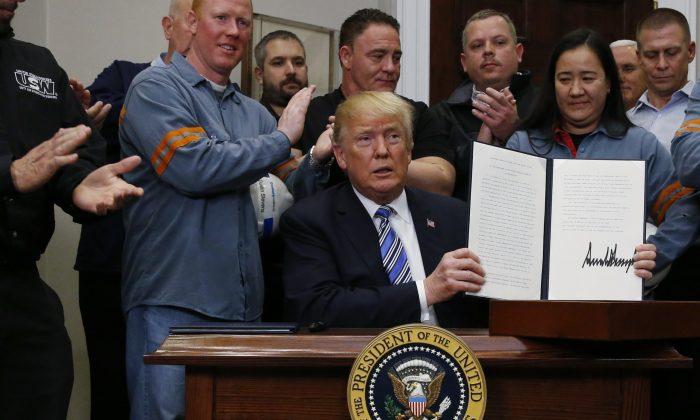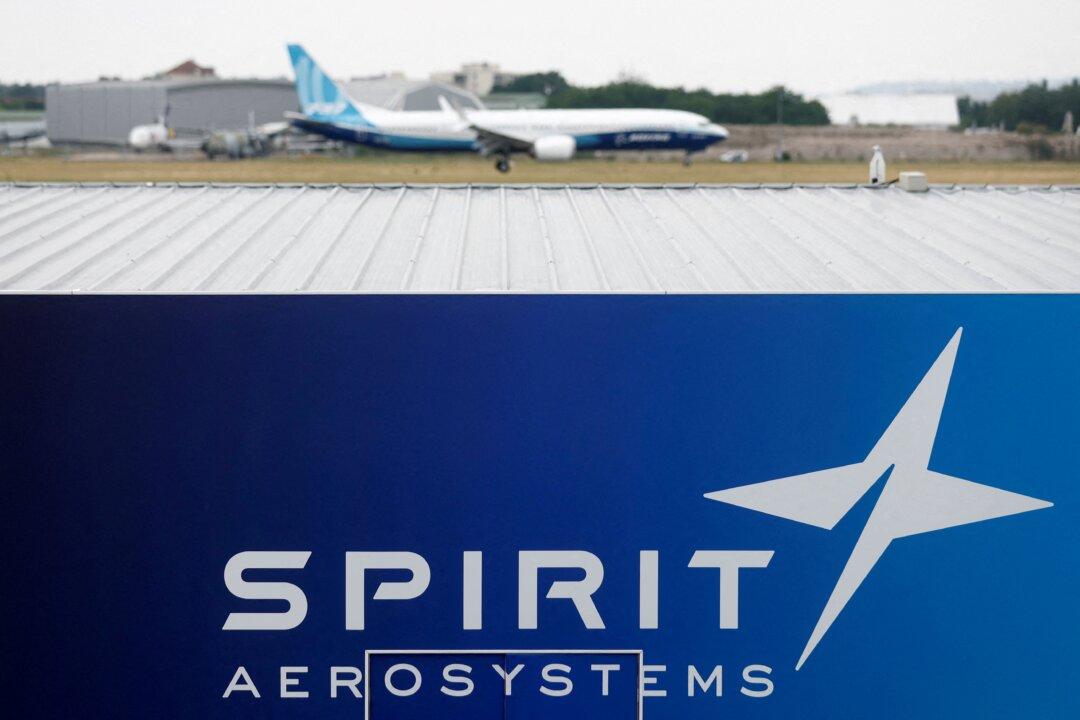U.S. President Donald Trump’s tariffs on steel and aluminum imports will start in 15 days with initial exemptions for Canada and Mexico and the possibility of alternatives for other countries, a senior U.S. administration official said on Thursday.
The tariffs of 25 percent on steel and 10 percent on aluminum, proclaimed by Trump on Thursday during an event at the White House, appear to soften what the U.S. president billed last week as a global, “no-exceptions” move to protect the two industries under a 1962 national security trade law.
Trump’s sudden push for the tariffs last week triggered fears of a global trade war and rattled financial markets. U.S. stocks pared gains on Thursday after the administration official’s comments.

The official told reporters the tariff proclamations will allow other countries to discuss with the administration “alternative ways” to address the national security threat caused by their steel and aluminum exports to the United States, the official said.
Asked whether these would include voluntary export restraints, the official did not provide specifics, saying only that the order could be “flexibly modified.”
The tariff plan has angered U.S. allies, including Canada, Mexico, Britain and members of the European Union, who argue that their exports to the United States do not pose a threat to U.S. national security. Some, including the EU, have threatened retaliatory tariffs on U.S. products such as bourbon whiskey and Harley-Davidson motorcycles.
The exemptions for Canada and Mexico would start immediately with an unspecified duration. Their continuation depends partly on progress in negotiations to modernize NAFTA, the official said. He added that NAFTA was an important part of the U.S.-Canada-Mexico security relationship.
But the official said that with any alternative remedies, it was important to maintain the target for increasing steel and aluminum industry capacity utilization, which could result in higher tariffs for other countries.
The “wonderfully flexible document” is designed to accommodate U.S. security relationships with other countries and provide “ironclad” protections for the industry, he said.






Friends Read Free